For many teens and young adults, August and September are bittersweet. During these months, summertime freedom gives way to a new school year and busy schedules. For some pre-med and medical students, this year will look a little different. Online learning will take the place of traditional classroom instruction, and lectures are necessitated by COVID-19. Although many institutions would prefer in-person learning, they understand the risk it poses to their staff and students.
For others, like medical residents and students at schools with hybrid learning structures in place, obtaining new skills and knowledge remotely may not always be an option. When it comes to training the next wave of healthcare professionals, hands-on learning is essential.
While social distancing is the best way to prevent the spread of COVID-19, it is not the only way. If you find yourself learning in-person, be it on a school campus or in a hospital, there are a few things you can do to lower the chances of contracting and spreading COVID-19.
Check-in With Your Doctor
Annual physicals are always important, but this year they could be life-saving. Scheduling an appointment before you begin the school year or your residency program can provide peace of mind. A physical will give you a snapshot of your health. Your doctor will look at your health and wellbeing holistically. They may perform tests and take vitals to ensure you don’t have any medical conditions that would cause you to be at a higher risk of contracting COVID-19. While you may not enjoy going to the doctor’s, it’s essential to put your health first this year and schedule an appointment if you have not done so yet.
Wear a Mask at All Times
It’s easy to get into a routine. We’ve all gotten into the habit of wearing masks to the grocery store, dinner, and other public settings. It can also be easy to fall out of a routine. Whatever you do this academic or residential year, continue wearing a mask. In most states, cities, and towns, wearing masks in enclosed public spaces is mandated, and for a good reason. Although it has taken scientists some time to compile the data, many studies show wearing a mask can significantly cut down the amount of COVID-19 infected droplets in circulation and decrease the distance in which they travel. Scientists are even predicting that, with 95% of the population wearing masks, deaths relating to COVID-19 could drop by more than 30,000.
Socialize with Social Distancing
A new academic or residential year means new people. After so much time spent alone and social distancing, you might want to socialize immediately, inviting new contacts to share meals, grab a drink, or just hang out. While connecting with others can boost your mood, it’s essential to remember that you can contract COVID-19 from anyone, even those who are asymptomatic. If you want to share a burger or beer, listen to music, or find out more about your classmates, do so at a distance.
Monitor How You Feel
If you begin to feel sick or have symptoms of COVID-19, don’t ignore them. Take time off from school or residency and get tested. Taking a day off to get tested, or even two weeks if you test positive, won’t have a large impact on your education and experience in the long run. Taking time off shows that you value your health and that of the people you interact with. Common symptoms of COVID-19 include fever, shortness of breath, coughing, wheezing, fatigue, and muscle aches. Some individuals have experienced other symptoms like loss of taste and smell or nausea. For a complete list of symptoms and what to do if they present themselves, check out the Centers for Disease Control’s COVID-19 FAQ page.
Go Online When Possible
If you are in medical school, your school is likely doing a combination of in-person learning and online lectures, with students being able to choose when and how often they show up in person. If you have the option to learn online and the coursework isn’t hands-on, you should keep things virtual. Even consistent exposure to low levels of the virus can be a risk. If you have to go to class or are in a residency program, prioritize personal hygiene and make an effort to sanitize your hands and high-touch surfaces consistently.
Avoid Public Transportation
Buses, trains, and subways are convenient and affordable modes of transportation, but right now, they could cost you your health. Many cities and states don’t think so, having shut down operations temporarily during the pandemic. Although some systems are limiting the number of riders and introducing touch-less ticketing, sharing small spaces with others is a risk. To stay safe, consider other modes of transportation like driving, walking, or biking. Depending on the size and location of your school or hospital campus, some options may be more manageable than others.
Want to enhance your medical education in a safe environment?


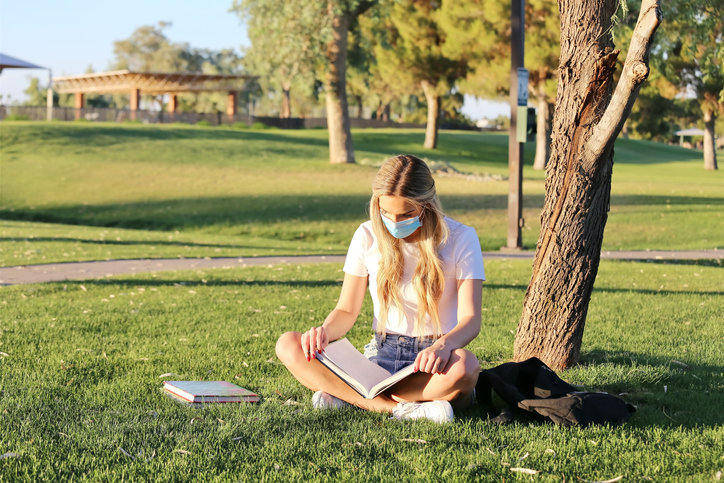
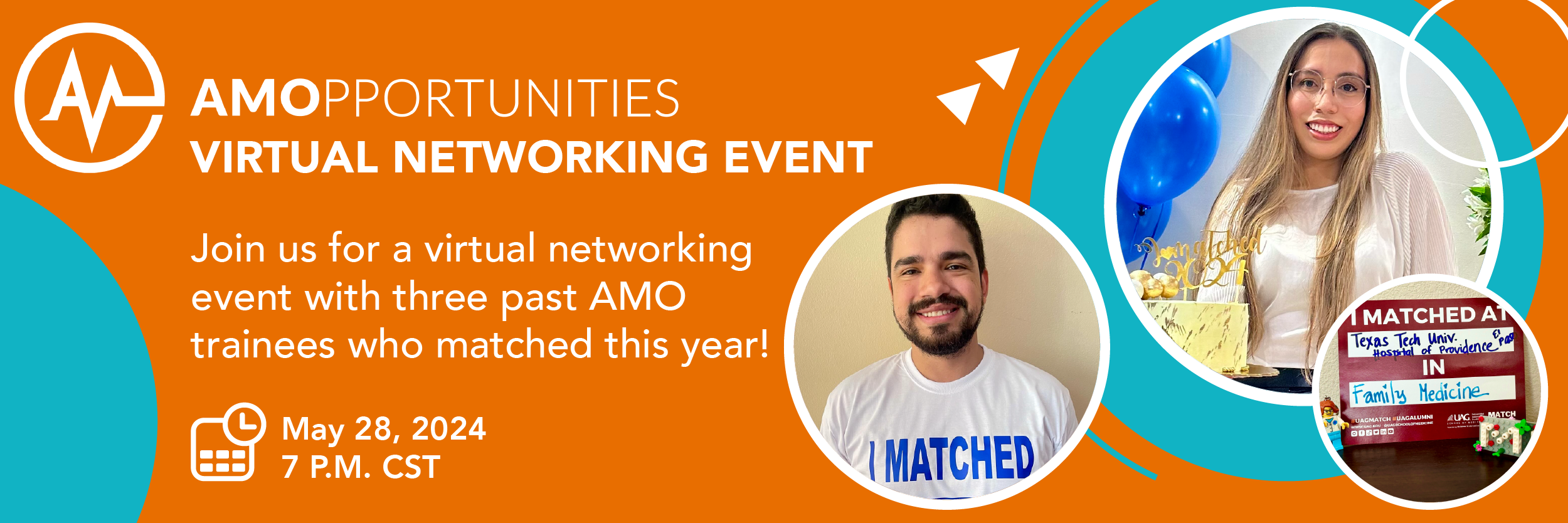
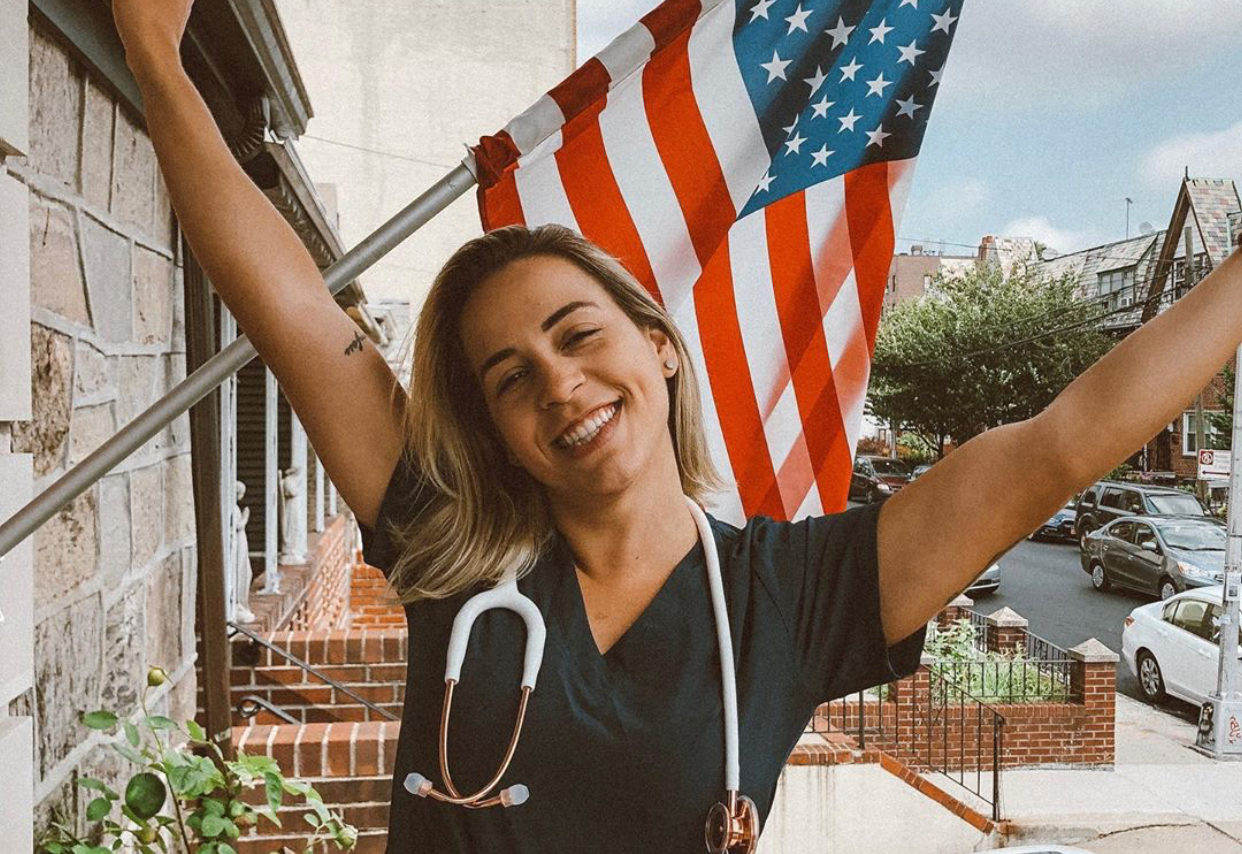
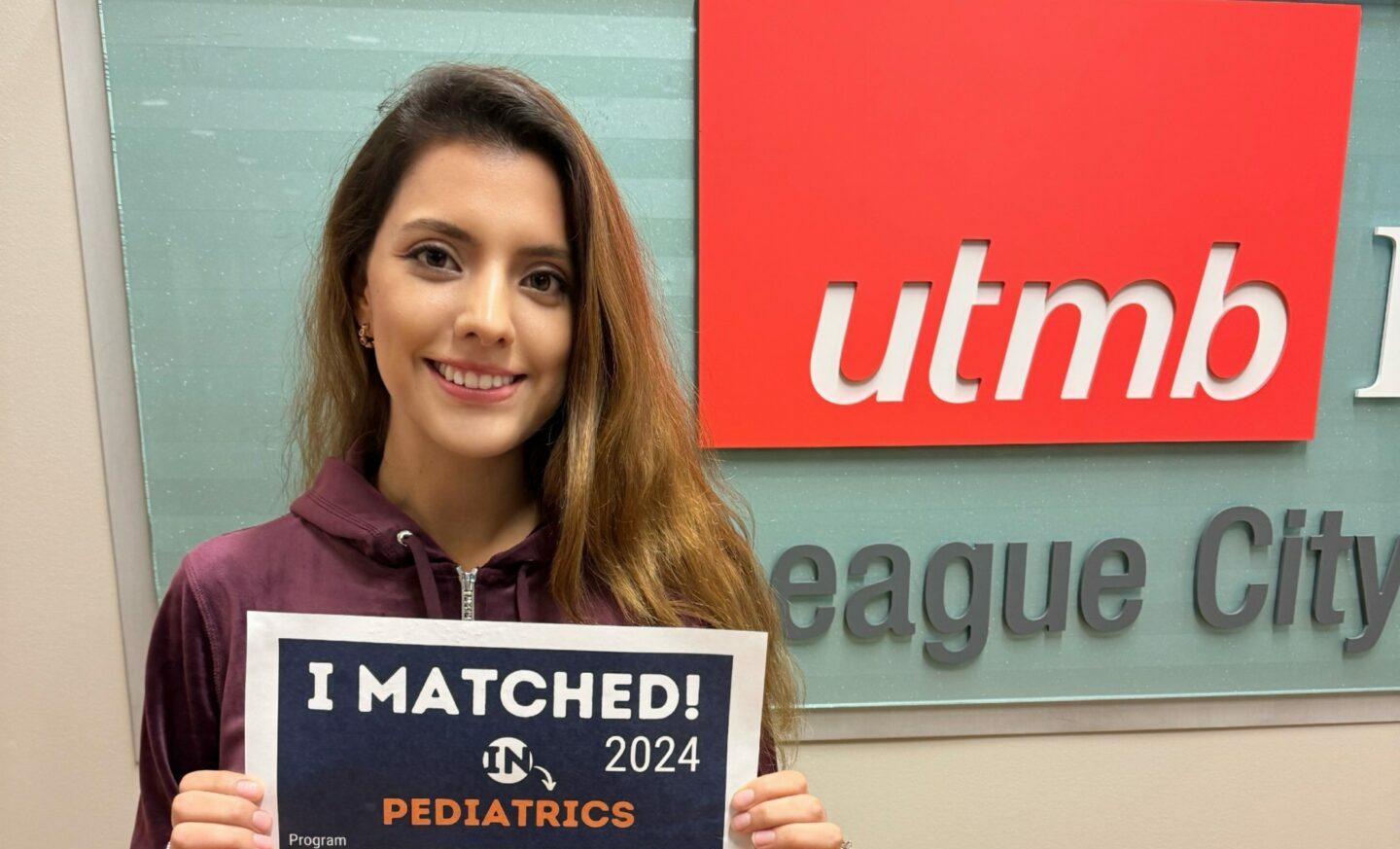
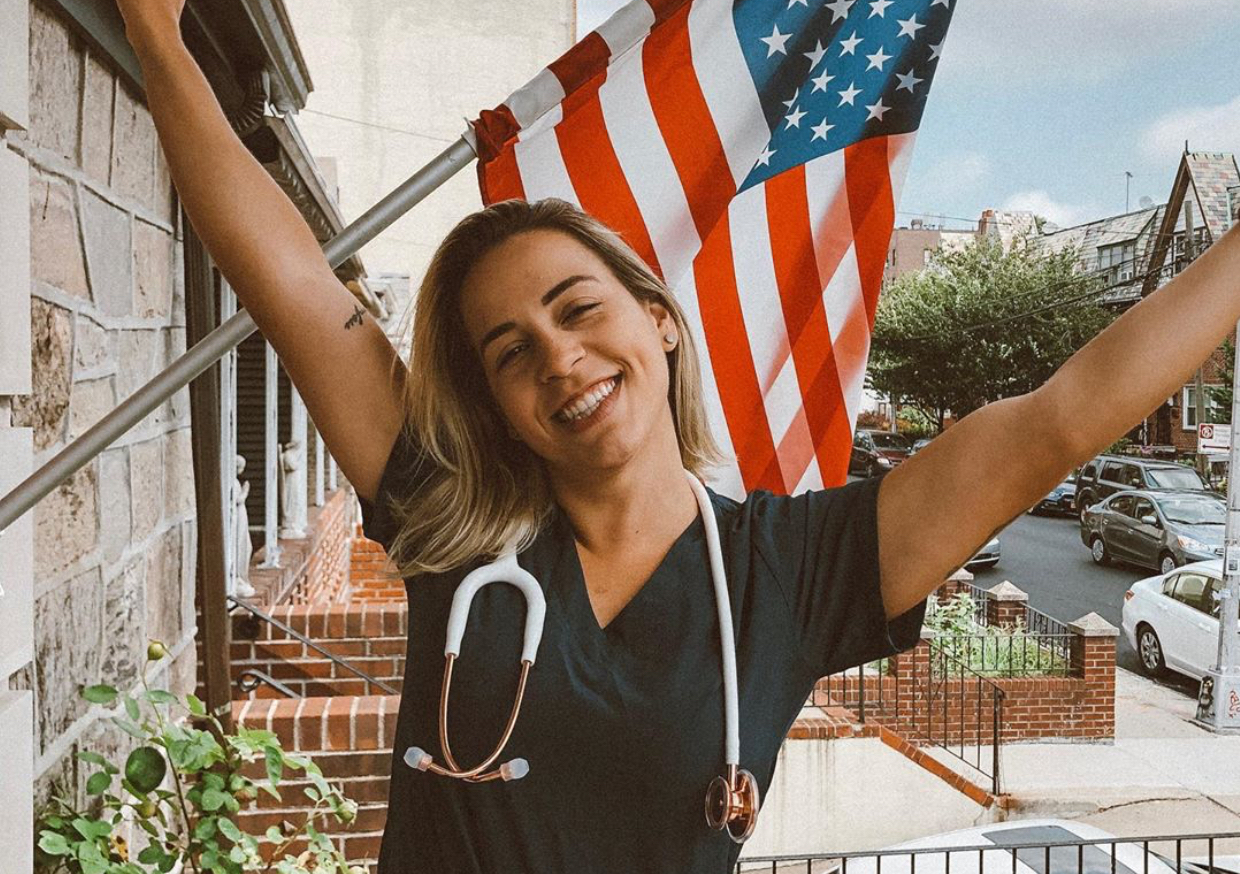
Leave A Comment